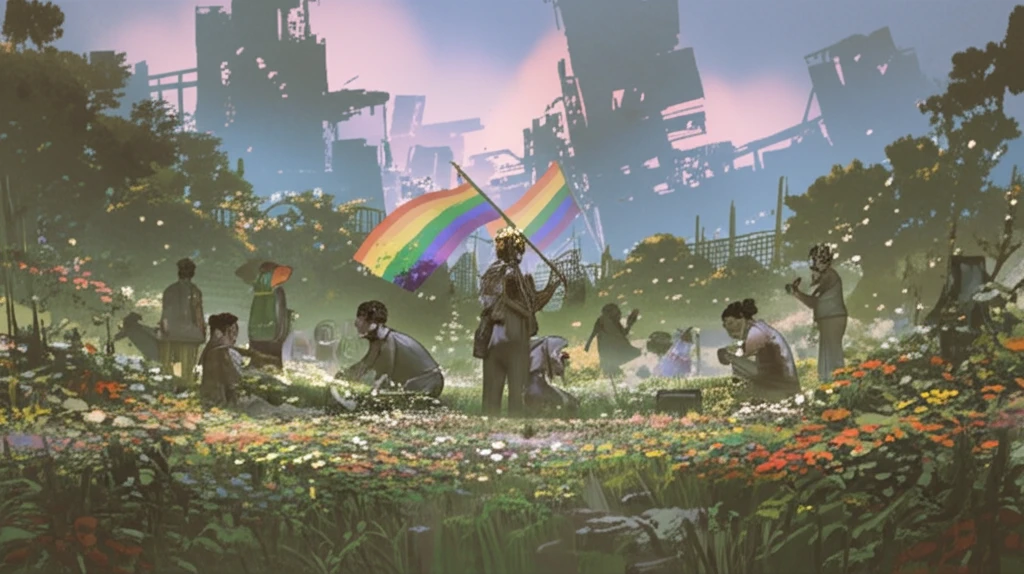
Queer Ecology: How LGBTQ+ Perspectives Are Transforming Environmentalism
"Exploring the intersection of queer theory and ecocriticism for a more inclusive and sustainable future."
In recent years, a fascinating and vital field of study has emerged at the intersection of queer theory and ecocriticism: queer ecology. This interdisciplinary approach challenges conventional understandings of nature, identity, and environmentalism, offering fresh perspectives on how we relate to the world around us.
Queer ecology examines how LGBTQ+ perspectives can transform our understanding of environmental issues and promote more inclusive and sustainable practices. It critiques heteronormative assumptions within traditional environmental narratives and seeks to create space for diverse voices and experiences.
This article explores the core concepts of queer ecology, its relevance to contemporary environmental challenges, and its potential to reshape our approach to sustainability. By embracing queer theory, we can unlock new insights into the complex relationships between nature, culture, and identity.
What is Queer Ecology?

Queer ecology is an academic field that combines queer theory with ecocriticism. Queer theory challenges fixed notions of gender and sexuality, questioning binary categories and embracing fluidity and diversity. Ecocriticism, on the other hand, examines the relationship between literature, culture, and the environment.
- Challenges traditional assumptions about nature and identity.
- Promotes inclusivity and diversity in environmentalism.
- Critiques heteronormative narratives in environmental discourse.
- Explores the intersections of gender, sexuality, and environmental issues.
- Seeks to create a more sustainable and equitable future.
The Future of Queer Ecology
Queer ecology offers a powerful framework for understanding and addressing environmental challenges in a more inclusive and equitable way. By embracing queer perspectives, we can challenge traditional assumptions, promote diversity, and create a more sustainable future for all. As the field continues to grow and evolve, it promises to offer even more profound insights into the complex relationships between nature, culture, and identity.
